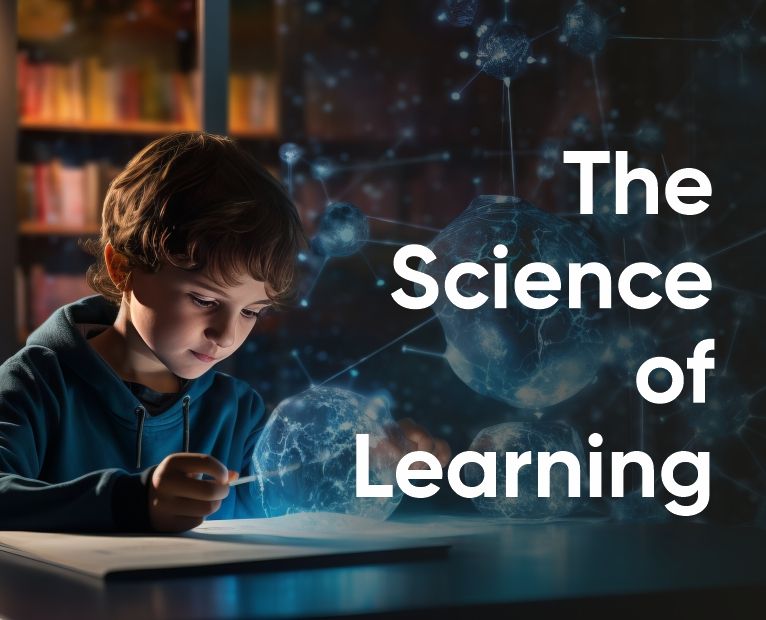


In the age of digital education and lifelong learning, understanding how we learn is more important than ever. The science of learning explores the cognitive and psychological principles that shape how information is absorbed, retained, and recalled. For students, educators, and self-learners alike, applying these insights can lead to more effective study habits and deeper comprehension.
Memory plays a critical role in the learning process. Psychologists have identified different types of memory—sensory, short-term, and long-term—that each play a role in how we process and store information. Repetition, chunking, and association are proven techniques to move information from short-term to long-term memory.
Spaced repetition is a cognitive learning strategy where information is reviewed at increasing intervals. This technique counters the “forgetting curve,” helping learners retain information longer. Tools like Anki and Quizlet make implementing spaced repetition simple and effective.
Cognitive load theory explains that our working memory has limited capacity. Overloading it with too much information at once can hinder learning. Instructional design that breaks content into manageable chunks and uses visuals or storytelling can improve understanding and retention.
Metacognition is the awareness and control of one’s own learning processes. Learners who reflect on how they study and assess their understanding tend to perform better. Strategies such as self-testing, summarizing, and creating concept maps can enhance metacognitive skills.
Psychological research shows that motivation—both intrinsic and extrinsic—directly affects learning outcomes. Carol Dweck’s concept of a “growth mindset” emphasizes the belief that intelligence can be developed. Students who adopt a growth mindset are more resilient and willing to engage with challenging material.
The science of learning is a powerful tool for any learner. By understanding how memory functions, leveraging techniques like spaced repetition, managing cognitive load, practicing metacognition, and fostering a growth mindset, students and professionals alike can elevate their learning journey. Learning is not just about time spent—it’s about learning smart.
Ready to supercharge your learning? Start applying science-backed techniques today. Explore tools like Anki, embrace a growth mindset, and reflect on your learning strategy. Learn smarter, not harder!
You Might Like:-
Top UG Universities in the USA
How to Get Admission to MIT from India?
Mistakes to Avoid While Applying for Studying Abroad
How to Choose the Right Country for Your Bachelor’s?
How to Get Admission to Boston University From India?
How to Get Admission in Harvard University From India?
How to Get Admission in Stanford University from India?
When to Start the Application Process for US Universities?
What to Keep in Mind While Choosing Your Dream University?